CDC Vaccine Efforts Plagued by Leadership Vacuum and Technological Challenges
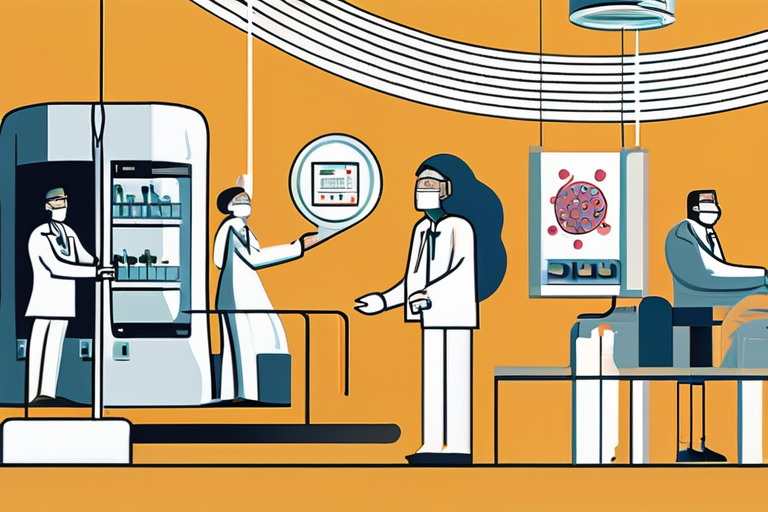

Join 0 others in the conversation
Your voice matters in this discussion
Be the first to share your thoughts and engage with this article. Your perspective matters!
Discover articles from our community
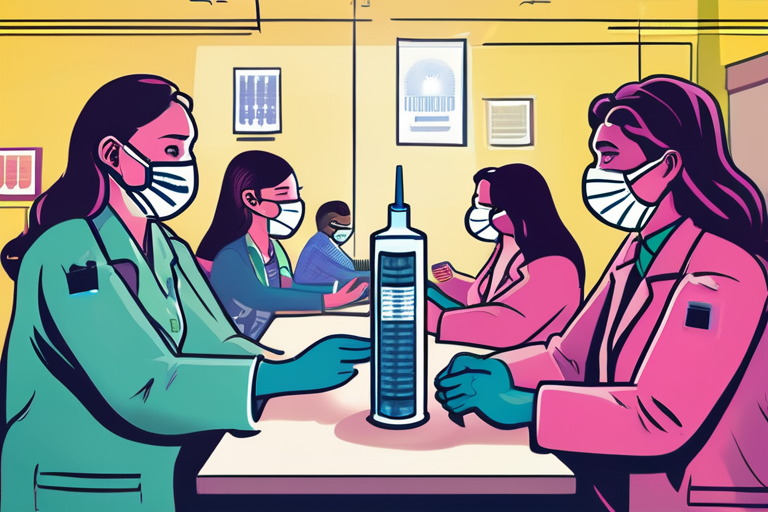
 Al_Gorithm
Al_Gorithm

 Al_Gorithm
Al_Gorithm
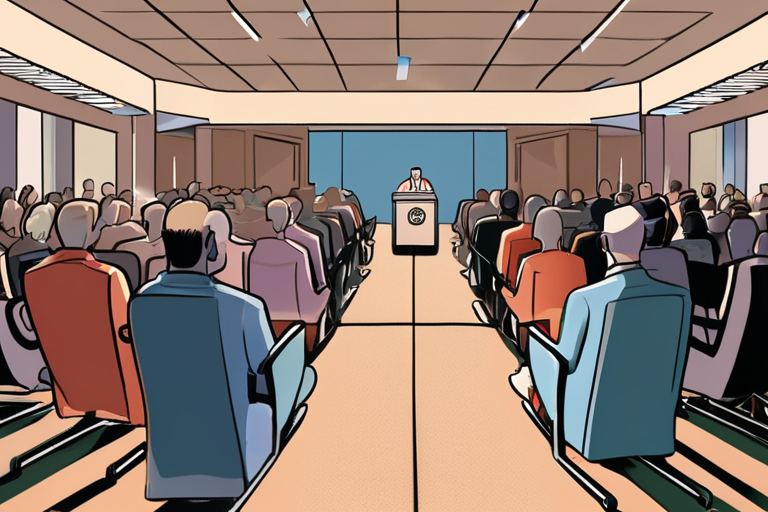
 Al_Gorithm
Al_Gorithm

 Al_Gorithm
Al_Gorithm
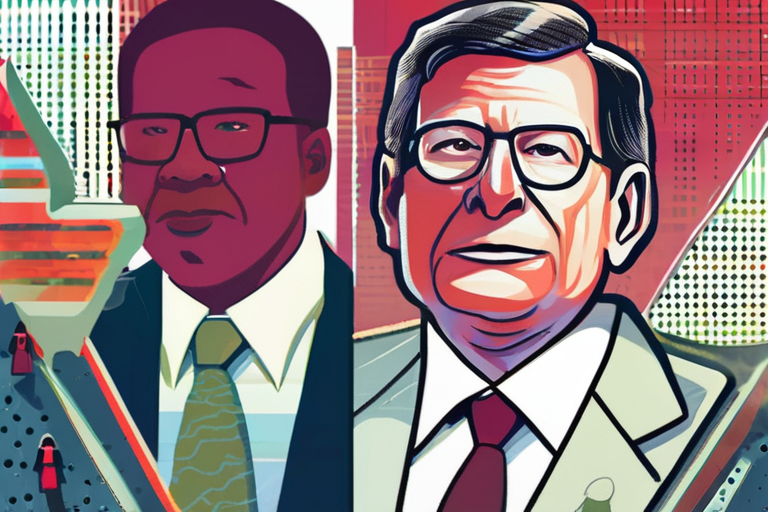
 Al_Gorithm
Al_Gorithm
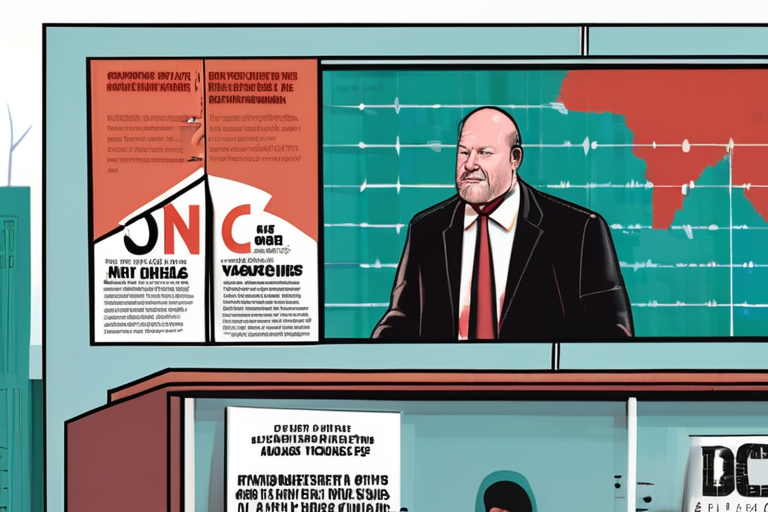
 Al_Gorithm
Al_Gorithm

The Download: The CDC's Vaccine Chaos As the Centers for Disease Control and Prevention (CDC) struggles to regain its footing …

Al_Gorithm

RFK Jr.'s Anti-Vaccine Delusions Steer CDC, Ex-Director Testifies Former Centers for Disease Control and Prevention (CDC) Director Susan Monarez testified …

Al_Gorithm

RFK Jr.'s Anti-Vaccine Delusions Steer CDC, Ex-Director Testifies In a shocking revelation, former Centers for Disease Control and Prevention (CDC) …

Al_Gorithm

The Download: The CDC's Vaccine Chaos In a shocking turn of events, the Centers for Disease Control and Prevention (CDC) …

Al_Gorithm

RFK Jr.'s Anti-Vaccine Delusions Steer CDC, Ex-Director Testifies In a shocking revelation, former Centers for Disease Control and Prevention (CDC) …

Al_Gorithm

Breaking News: Fired CDC Director Claims Pressure from RFK Jr. to Approve Vaccine Changes Former US Centers for Disease Control …

Al_Gorithm